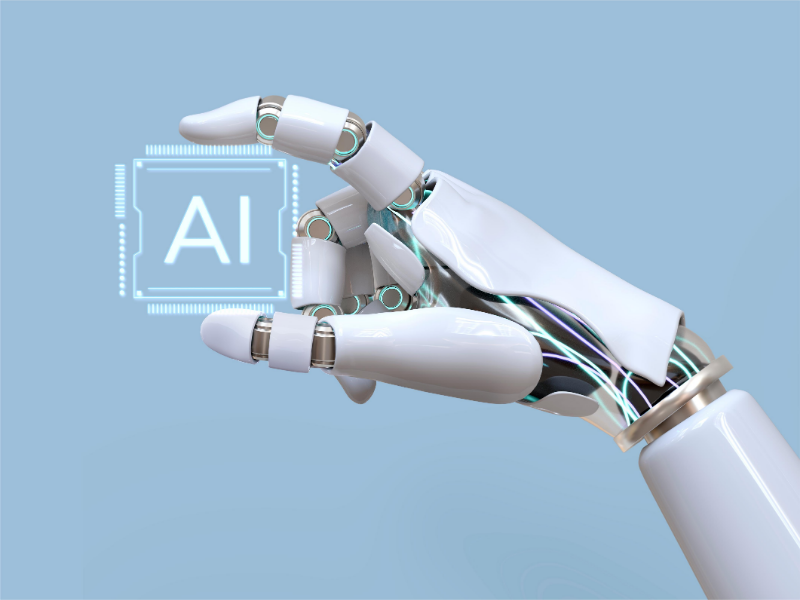- Chip Leader AI is set to transform multiple sectors with advanced processing capabilities.
- The rapid advancements in AI technology offer both exciting opportunities and significant challenges.
The advent of Chip Leader AI is poised to redefine the technological landscape, offering unprecedented processing power and efficiency. This breakthrough in artificial intelligence promises to enhance various sectors, from healthcare to automotive, marking a new era of innovation and possibility.
Introducing Chip Leader AI
Chip Leader AI represents a cutting-edge advancement in artificial intelligence, designed to offer superior processing capabilities. This technology integrates high-performance computing with AI algorithms, resulting in faster and more efficient data processing. Such innovations are crucial for managing the increasing complexity of modern applications.
1. What is Chip Leader AI?
Chip Leader AI refers to the latest generation of AI chips that combine advanced processing power with machine learning capabilities. These chips are designed to handle complex computations at high speeds, making them ideal for applications that require real-time data analysis and decision-making.
2. How does Chip Leader AI work?
Chip Leader AI leverages state-of-the-art architecture and algorithms to process data more efficiently than traditional processors. By integrating AI directly into the chip, these processors can perform complex tasks, such as natural language processing and image recognition, much faster. This efficiency is achieved through parallel processing and optimised neural network operations.
3. Why is Chip Leader AI important?
The significance of Chip Leader AI lies in its potential to transform industries by enabling smarter, faster, and more efficient technologies. In healthcare, for example, AI chips can analyse vast amounts of medical data to improve diagnostics and treatment plans. In the automotive sector, they can enhance the capabilities of self-driving cars by processing sensor data in real time.
Also read: Broadcom soars on AI chip demand and stock split
Also read: Samsung speeds up AI chip delivery by 20%
Further information: Definitions, pros and cons, and industry impact
Definitions:
- AI chip: A specialised processor designed to accelerate AI applications.
- Machine learning: A subset of AI involving algorithms that improve automatically through experience.
- Neural network: A series of algorithms that mimic the operations of a human brain to recognise patterns and solve problems.
Pros and cons:
- Pros: Increased efficiency, faster data processing, enhanced capabilities in various applications, reduced energy consumption.
- Cons: High development costs, potential for increased unemployment in certain sectors, ethical concerns regarding AI decision-making.
Industry impact:
The introduction of Chip Leader AI is expected to have profound effects across multiple industries. In finance, for instance, these chips can improve fraud detection and algorithmic trading by analysing transactions in real time. In entertainment, AI chips can enhance user experiences through personalised content recommendations and immersive virtual reality.
Examples of Chip Leader AI in action:
- Healthcare: Companies like IBM Watson Health use AI chips to sift through medical records, aiding in faster and more accurate patient diagnoses.
- Automotive: Tesla’s self-driving cars utilise AI chips to process data from cameras and sensors, enabling safer and more reliable autonomous driving.
Opinion:
The emergence of Chip Leader AI heralds a new era of technological advancement, promising to revolutionise how industries operate and how we interact with technology. This innovation brings both opportunities and challenges, urging us to consider the ethical and societal implications as we embrace the future of AI.
Embracing Chip Leader AI means stepping into a world where technology continuously evolves to make our lives easier, more efficient, and more connected. This is not just a technological leap; it’s a shift towards a future where AI seamlessly integrates into our daily lives, pushing the boundaries of what’s possible. As we look ahead, it’s essential to remain mindful of the broader impacts, ensuring that this powerful technology serves humanity in the most beneficial ways.

